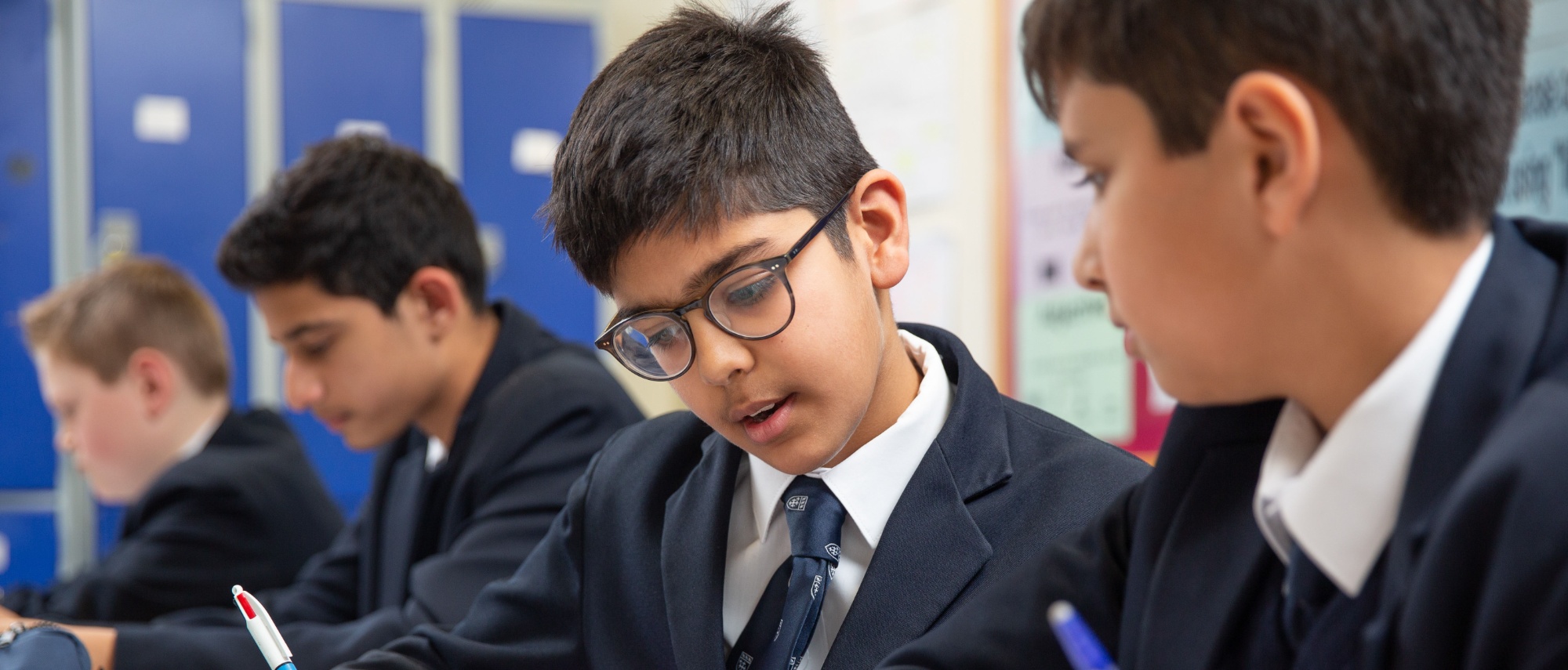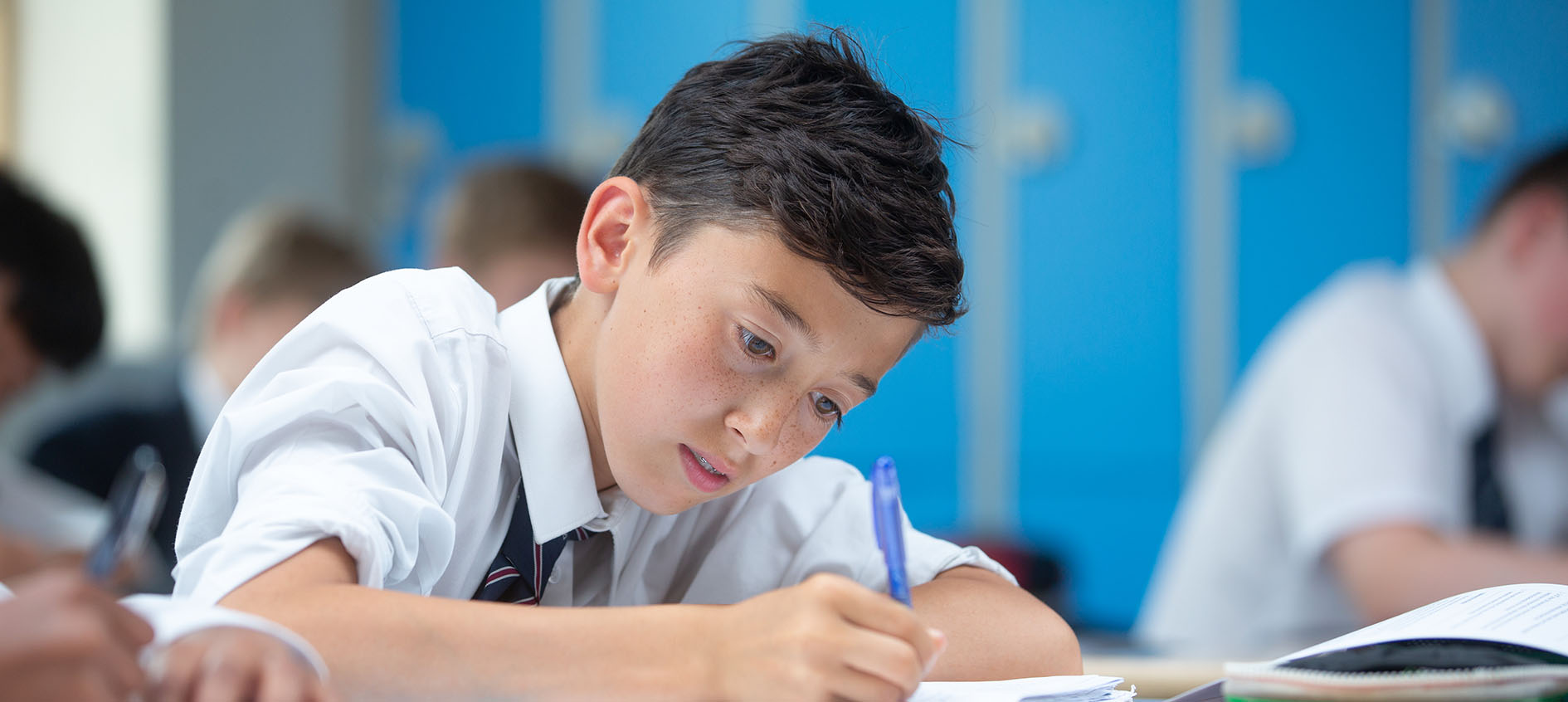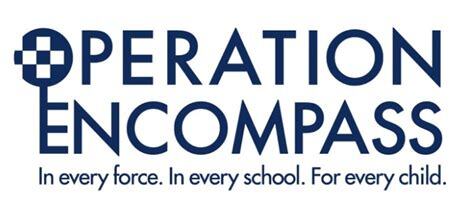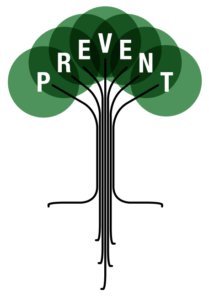Physical Education
The Physical Education department aims to provide all pupils with the opportunity to develop their physical skills and interests in our extensive range of physical activities, and to enable gifted games players and athletes to pursue their chosen sport to high levels of achievement.
All pupils take Physical Education as part of the core curriculum and it is a highly valued part of their education at Warwick.
The year is split into small blocks of six weeks, when pupils enjoy many different physical activities. Each group has a single period (55 minutes) of PE per week and this continues throughout the year. The areas of focus which vary in each age group include: swimming, water polo, basketball, Health related fitness, SAQ (speed agility quickness), cardiovascular fitness training, circuit training, invasion game principles (including handball, football, hockey), dodgeball, badminton, squash, tennis and softball.
The philosophy is to allow a real sport-for-all approach, and groups are encouraged to enjoy a wide range of physical activities.
The major games activities in the Michaelmas and Lent terms are rugby, hockey, cross-country and swimming whilst cricket, athletics and tennis occupy the Summer term. School teams are also selected in badminton, basketball, clay pigeon shooting, fencing, real tennis, table tennis, golf, rowing, squash and water polo.
International recognition has been achieved by many teams across a range of sports and many individuals have achieved County, Regional and National selection whilst all pupils are encouraged to participate in a wide variety of activities. There are also a number of clubs which meet regularly during the week including canoeing, judo, lifesaving, rock climbing, sailing and weight-training. A ski trip is arranged by the department each year, and sports teams regularly tour abroad to many parts of the world.
Course Specification
At Warwick, we follow the OCR specification. The course is broken down into three components:
Component 1 - 30% of grade
1 hour exam on Anatomy and how the body works with links to biology, training methods and exercising safely.
Component 2 - 30% of grade
1 hour exam on Sport psychology and the mental aspects of sport, health fitness and wellbeing, the impact of diet on athletes and socio-cultural influences in sport.
Component 3 - 40% of grade
Non examination assessment.
Three practical activities from the OCR specification, each worth up to 10% of grade are assessed by your teachers and then externally moderated. Your choices must be from a team, individual and either activity area.
One written coursework worth 10%. You will evaluate and analyse your performance in one of your sports and create an action plan to improve a skill weakness that you have. This is completed during lesson time with a total of 14 hours allowed.
Upon completing the course students have a greater appreciation for performing in sport. They can apply new knowledge to their own preparation and execution in their favourite activities so is suited to students who are motivated to take part in sport.
Performing to a good level in three sports is challenging so we do recommend that prior to starting the course you discuss which activities you are considering with Mr Willis so that you can be appropriately supported. Being in an A team rugby player for example does not automatically mean you are going to do well in the non-examination part of GCSE PE.
At Warwick, we follow the OCR A level.
This A Level would suit candidates who are:
- interested in Physical Education and Sport and enjoy working in an independent way
- wanting to develop their own sporting performance
- enjoy studying a subject which is relevant to their own lives and experiences
- interested in pursuing a career in sport
The course has 4 components:
Component 1: Physiological factors affecting performance
Written examination: 2 hours – 30% of A level
Component 2: Psychological factors affecting performance
Written examination: 1 hour - 20% of A level
Component 3: Socio-cultural issues in physical activity and sport 20% of A level
Written examination: 1 hour - 20% of A level
Component 4: Performance in physical education (non examination assessment)
Performance or coaching in 1 sport – 15% of A level
Evaluation and analysis of performance for improvement talk – 15% of A level











